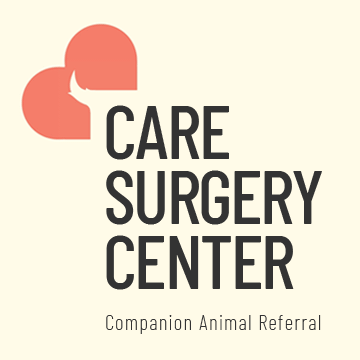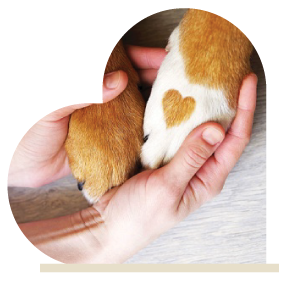Stomach Bloat in Dogs and Cats
Abdominal Surgery for Dogs and Cats
Abdominal procedures are the most common reason dogs and cats undergo surgery because there are many vital organs in the abdominal cavity. Therefore, there are many different conditions and illnesses that are cause for a veterinary surgeon to step in. Abdominal surgery in dogs range from elective, such as ovariectomy/ovariohysterectomy (spay), to emergency situations, such as gastrointestinal foreign body obstruction, gastric dilatation volvulus (twisted or bloated stomach) and internal bleeding.
READ MORE +
SHOW LESS
Benefits of Minimally Invasive Surgery Techniques
As many indications for abdominal surgery can be life threatening, abdominal surgery can often save a pet’s life. Our experienced team will ensure your beloved pet receives the highest standard of care as quickly as possible. As mentioned, many elective abdominal procedures can be performed laparoscopically.
Benefits include:
Conditions that May Require Abdominal Surgery for Dogs

Can dogs get hernias?
Painful tears in the abdominal walls, also known as hernias, can happen to dogs just as they do in humans. A hernia is a tear in the wall of a muscle, commonly in the abdomen between the rib cage and groin, that allows internal organs or fatty tissue to push through.
READ MORE +
SHOW LESS
CARE Surgery Center
Companion Animal Referral
6677 W. Thunderbird Rd. L188
Glendale, AZ 85306
19035 W. Capitol Dr. Ste J101
Brookfield, WI 53045
Speak for your pet




